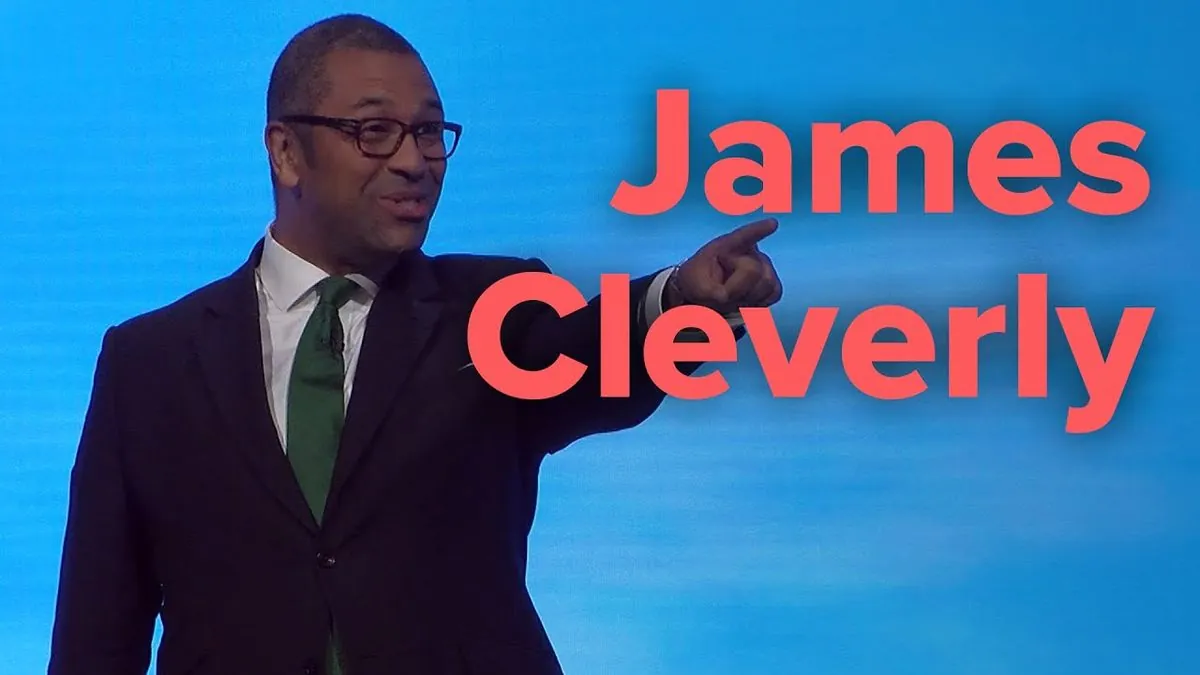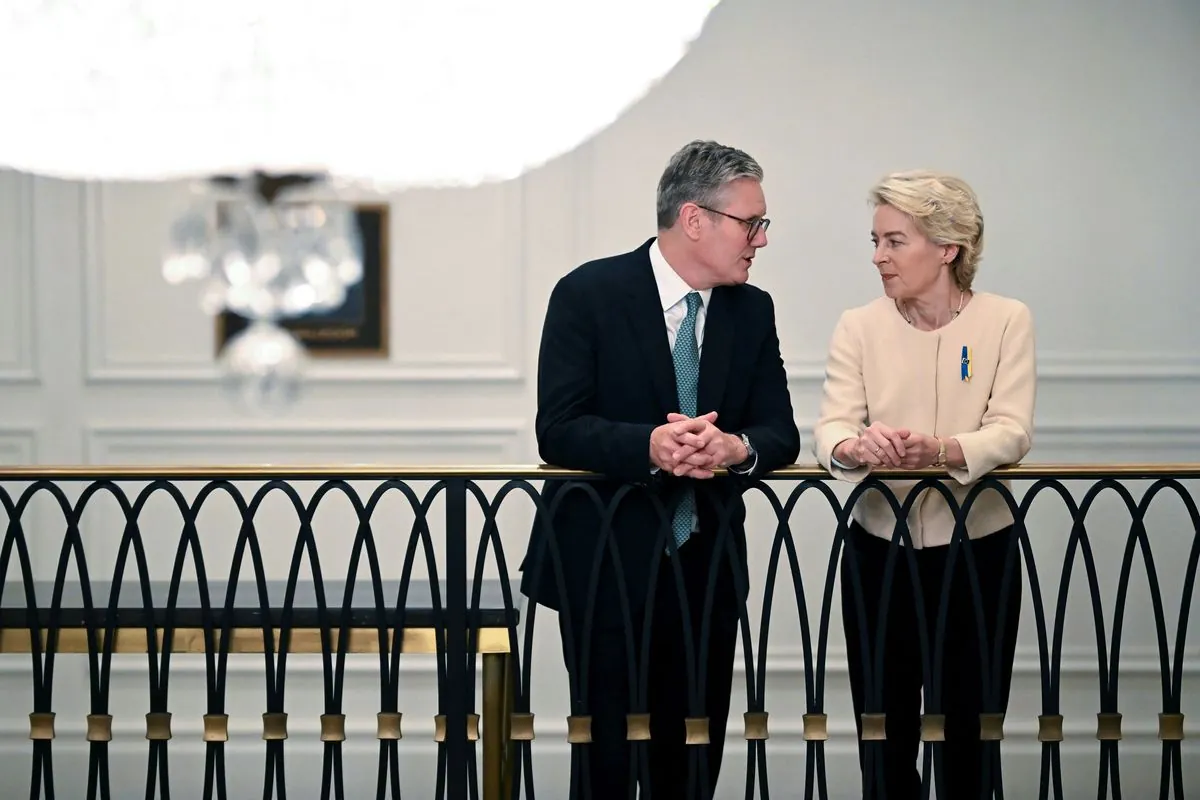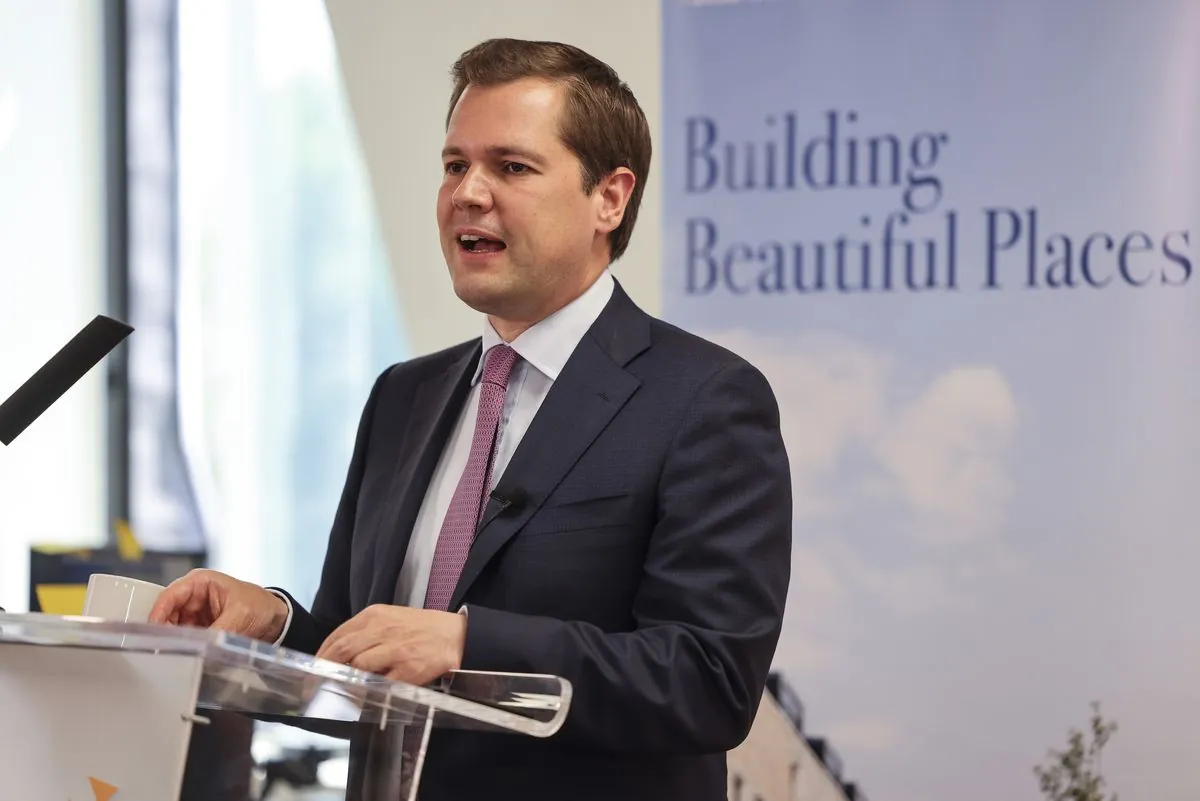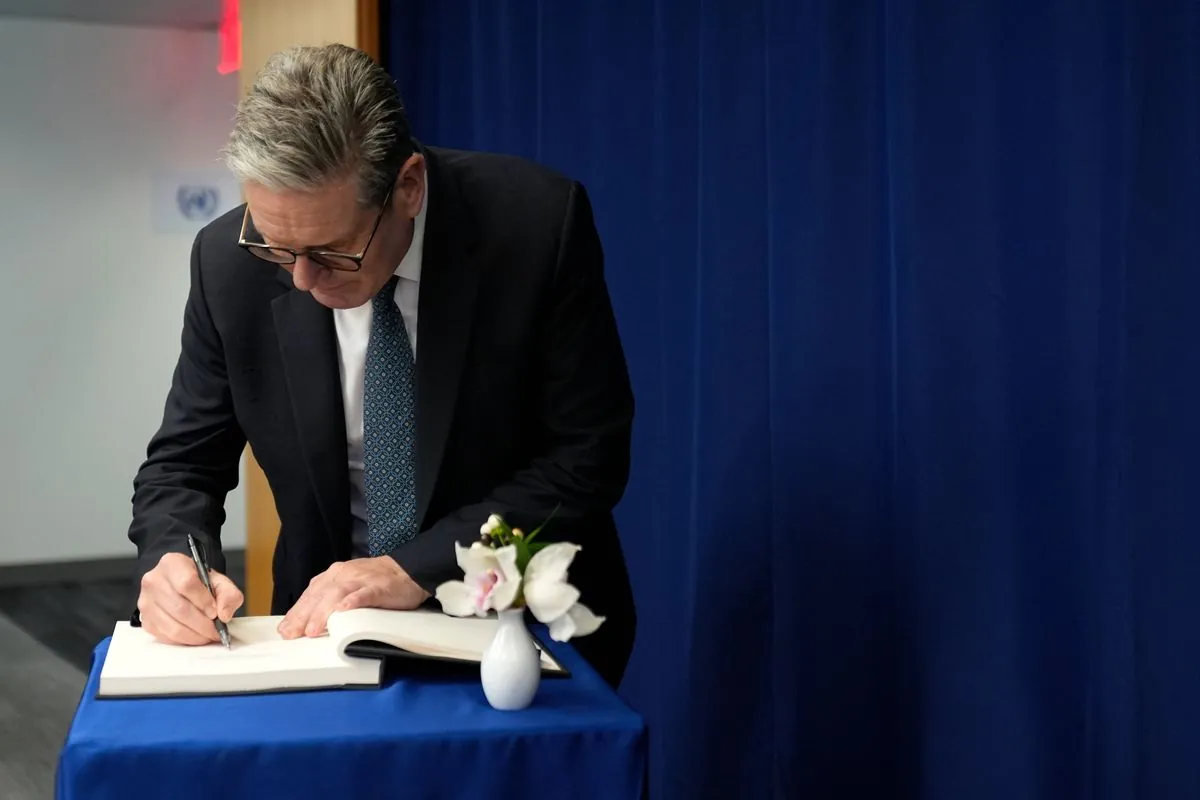Labour's NHS Vision: Ambitious Promises Face Reality Check
Wes Streeting's speech on NHS reform sparks debate on feasibility of providing private-sector quality care for all. Critics question Labour's approach to healthcare challenges and funding issues.
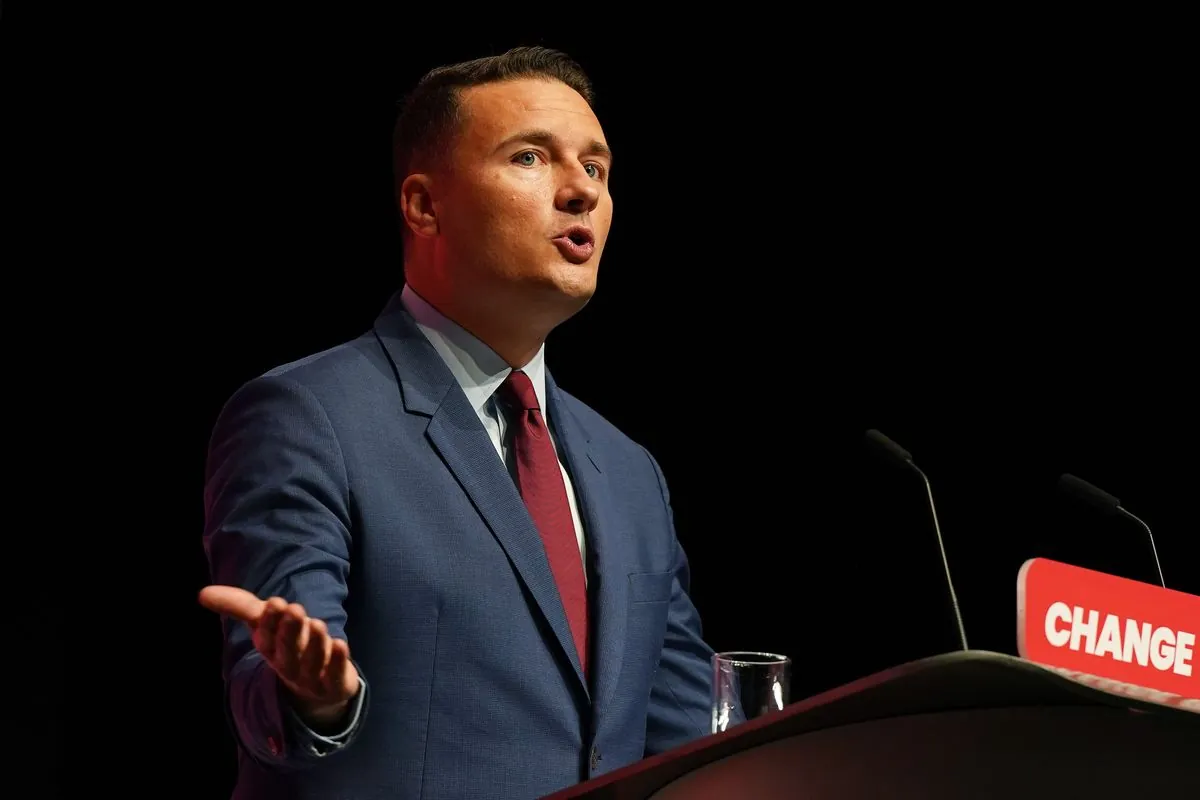
Wes Streeting, Labour's Shadow Health Secretary, addressed the Labour Party Conference on September 25, 2024, describing the National Health Service (NHS) as "unique in the world." This characterization, while accurate, raises questions about the party's approach to healthcare reform and the feasibility of their ambitious promises.
The NHS, established in 1948, has grown to become the fifth largest employer globally, treating over 1 million patients every 36 hours. With a budget of around £180 billion for 2023/24, it faces significant challenges, including an aging population and increasing demand for services.
Streeting's speech highlighted Labour's plans for NHS reform, including the implementation of new technology to modernize outdated systems. However, critics argue that previous attempts to overhaul NHS IT infrastructure have faced difficulties due to the complexity and scale of the organization.
Labour's strategy to resolve ongoing doctors' strikes by meeting union pay demands has also come under scrutiny. The timing of this announcement was particularly unfortunate, as nurses had rejected a 5.5% pay offer just the day before. While such concessions may address short-term political issues, they significantly increase the long-term operational costs of the NHS workforce.

The NHS employs over 150,000 doctors and 330,000 nurses and health visitors, making workforce management a critical issue. Labour's approach to balancing an aging population with increasingly strained fiscal circumstances remains unclear.
Streeting's speech also touched on public health interventions, such as the ban on junk food advertising. However, some of the measures being considered within the Labour Party, including restrictions on pub opening times, have raised concerns about the extent of government intervention in personal choices.
"Our ten-year plan will give all patients – rich and poor alike – the same information, the same choice, the same control."
This ambitious statement has been met with skepticism. Critics argue that providing private-sector levels of quality and choice to everyone "free at the point of need" is financially unfeasible. The NHS has been ranked as the best healthcare system among 11 wealthy countries in a 2017 study, but it continues to face challenges with waiting times and staffing shortages.
The comparison between public and private healthcare in the UK highlights the complexities of healthcare rationing. While the private sector rations by price, the NHS rations through queues and guidelines on cost-effectiveness. Streeting's promise to eliminate these disparities may be setting unrealistic expectations.
As the NHS works towards becoming the world's first net zero national health service by 2040 and improves its digital health initiatives, the debate over its future continues. The challenge lies in balancing the need for reform with the realities of funding and resource allocation in a system that provides healthcare free at the point of use for all UK residents.






























